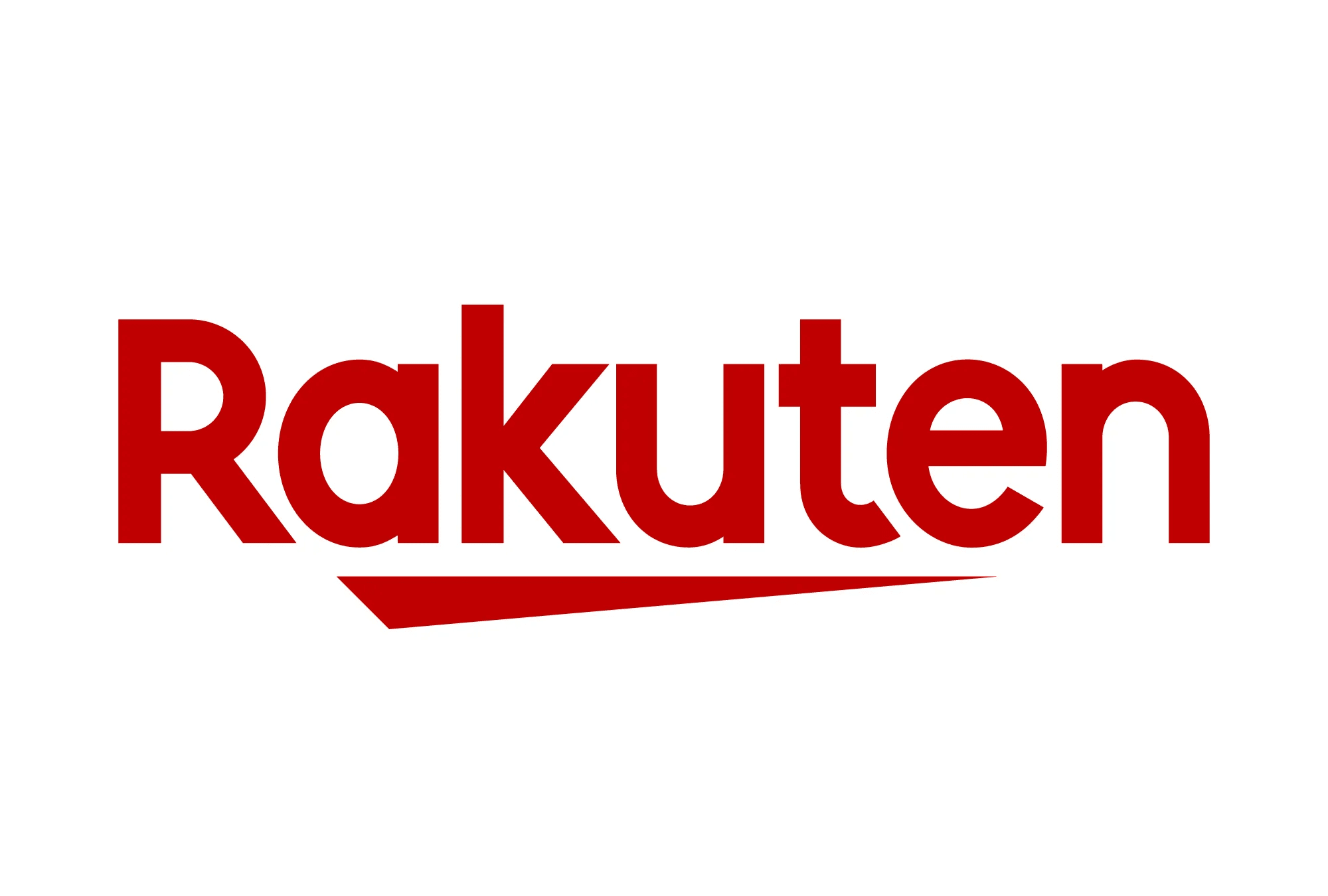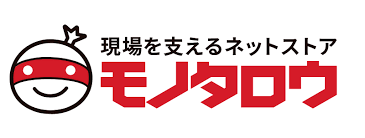Table of Contents
Introduction: The Growth of Japan eCommerce Market
The Japan eCommerce market is one of the largest in the world, valued at over USD 160 billion in 2025. With high internet penetration, advanced logistics, and a consumer base that values quality, trust, and efficiency, Japan provides a strong landscape for digital trade.
Top 10 Japan eCommerce Platforms
The following list is presented in no particular order and does not represent a ranking of the brands.

1. Rakuten
Known as the “Amazon of Japan,” Rakuten dominates with millions of products, strong loyalty programs, and integrated digital services.

2. Amazon Japan
Amazon is a major force, offering fast Prime delivery, wide product variety, and global seller access.

3. Yahoo! Shopping Japan
Powered by SoftBank, Yahoo! Shopping attracts buyers with cashback offers, deals, and integration with PayPay Mall.

4. Mercari
Japan’s largest C2C marketplace, Mercari allows individuals to easily buy and sell secondhand goods.

5. ZOZOTOWN
A leading fashion eCommerce platform, ZOZOTOWN features trendy brands, designer labels, and exclusive apparel lines.

6. PayPay Mall
Linked with Yahoo! Shopping, PayPay Mall leverages PayPay digital wallet adoption and loyalty benefits.

7. Qoo10 Japan
A popular marketplace for affordable fashion, gadgets, and household goods, especially among young consumers.

8. Monotaro
Specialized in industrial tools, office supplies, and equipment, catering to B2B customers.

9. DMM.com
A diverse platform selling digital content, electronics, and lifestyle products, with strong entertainment integration.

10. Wowma (au PAY Market)
Owned by KDDI, Wowma connects to au PAY ecosystem, offering products from local and international sellers.
Tips for Businesses Targeting Japanese Shoppers
- Provide clear product descriptions in Japanese.
- Focus on quality, authenticity, and trust-building.
- Offer local payment methods like PayPay, Konbini payments, and credit cards.
- Invest in excellent packaging and customer service.
What to Take Note If Shipping from Japan to Singapore
Japan has a well-developed export system, making shipments to Singapore relatively smooth. Businesses should note:
- Customs Documentation – Accurate HS codes, product details, and declared values are essential.
- Restricted Goods – Items like health supplements, electronics, and cosmetics may need special permits in Singapore.
- Duties & Taxes – Singapore imposes GST on imports above SGD 400. Sellers should inform customers about these charges.
- Packaging – Use durable packaging, especially for electronics and fragile goods, to ensure safe delivery.
By following these guidelines, businesses can expand their reach from Japan to Singapore with fewer disruptions.
Conclusion: Future of Japan eCommerce
The Japan eCommerce market remains a global powerhouse, driven by consumer trust, high purchasing power, and advanced digital ecosystems. Platforms like Rakuten, Amazon Japan, Yahoo! Shopping, and Mercari dominate, while niche platforms such as ZOZOTOWN and Monotaro cater to specialized markets. For businesses, adapting to Japan’s quality standards, local payment methods, and cultural preferences is the key to long-term success in this competitive landscape.
 Malaysia
Malaysia Thailand
Thailand Indonesia
Indonesia










